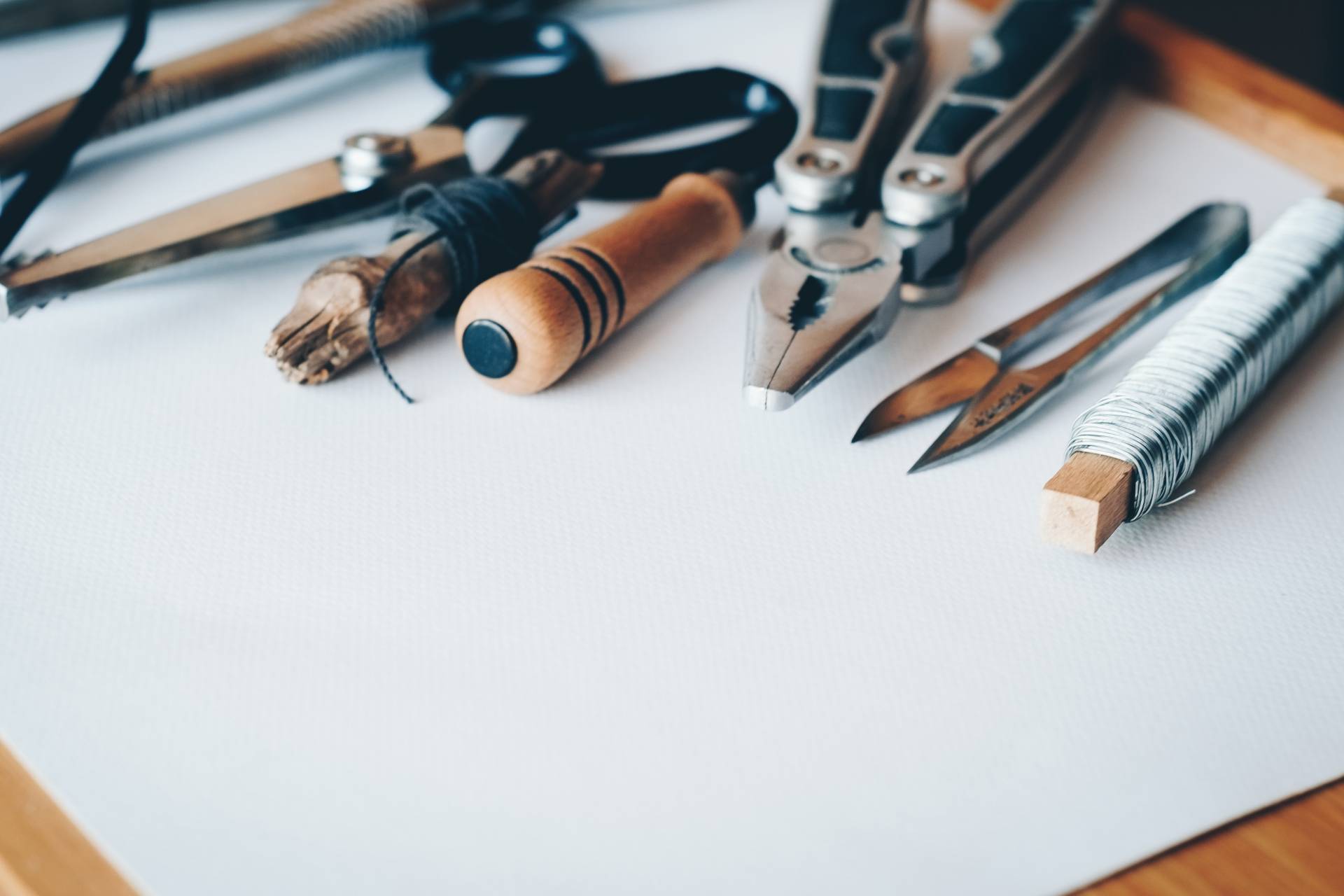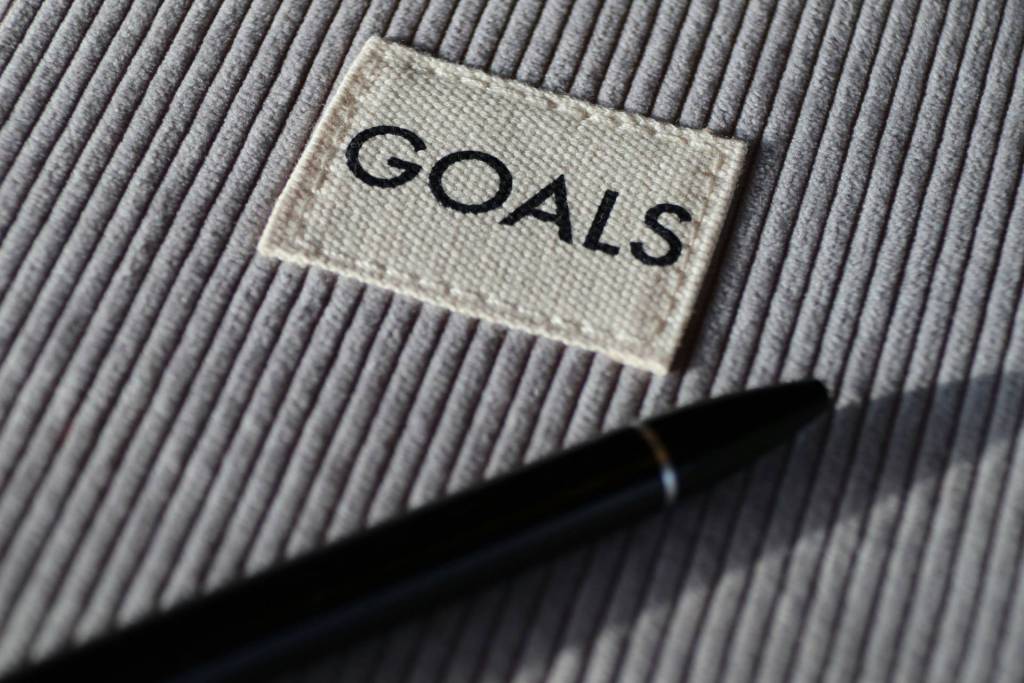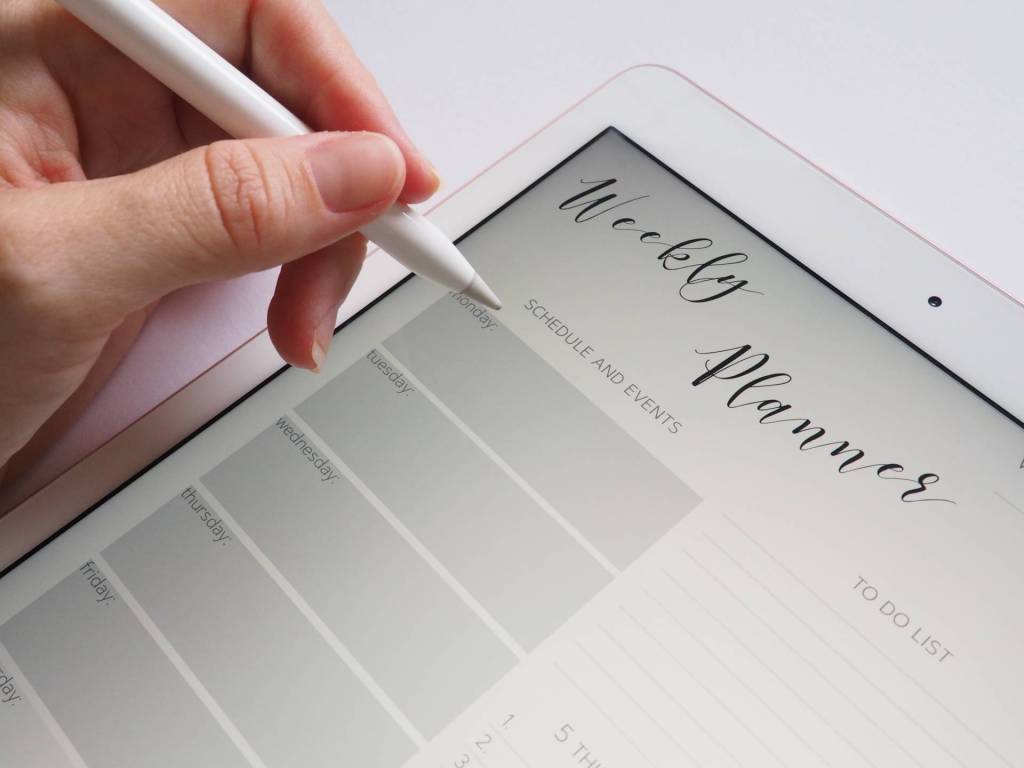Build your soft skills by building things.
Building things build skills
Whether you are building a spreadsheet or a tiny house.
Building things builds skills.
Do you remember how it felt to create something, finish it, look at it and enjoy it?
Are you handy?
Seventeen years ago this week I lost my dad. One of the many things he taught me was that working with your hands can be as fun as working with your head. He taught me how to be handy. He taught me to try things, break things, and repair things.
Not a day goes by where I don’t get to put some of those “Thinking Handy” skills to use. Just this week I fixed my mother-in-law’s toilet. It was an easy fix. It took me about 60 seconds to evaluate the problem and then to fix it.
What happened in those 60 seconds was that I quickly determined if any new parts were needed. Then realizing the design of the system was built to fail the way it did. And, finally knowing what to do in order to fix it. All within about 60 seconds. The way I was able to do this so quickly was because I’ve seen it before and took the time to figure it out. Then, when I saw it again I could fix it very quickly by Thinking Handy.
What about you?
- Do you know your way around the woodshop?
- Can you pick up an oxyacetylene torch and know what to do with it?
- Do you like to put things together?
The final forming of a person’s character
lies in their own hands.
~Anne Frank
If said yes to any of these questions then you probably already know what I’m going to talk about next. But, please read on and also add a comment to what working with your hands does for you, for your personal relationships, and your overall outlook on life.
Here are Five Points for Thinking Handy
While building your soft skills you will be growing your physical skills for dexterity and to see how things go together and work together. You will also be building your mental skills as you learn to envision the inter-operation of things and how the tools you’ve learned to use can help you solve problems and address challenges in different ways.
First Off – Age is NOT an issue
It doesn’t matter how old you are. A lot of times these programs are filled by teenagers and young adults, but there are people in their 60s and 70s that are picking up skills by building things every day. They often have the time and they want to get involved. So, don’t be surprised if you see a senior citizen picking up a hammer. And, perhaps seek to get some seniors you know involved. See below for Where to Get Started.
Second – Skills Transfer is Free
When you get involved you will be getting training from experts. You will be learning skills on how to use tools, when to use tools and why to use tools. Like with everything in life when you learn from experts, especially those that are great teachers, their skills rub off on you.
The art of teaching is the art of assisting discovery.
~ Mark Van Doren
Third – Be a Lifelong Learner
You can always learn something. Whether you are learning to use a bandsaw or building a tiny house the skills you will learn can be used in a lot of different ways. Perhaps in ways you never imagined. Learning how to build things adds to your lifelong learning skillset.
Fourth – Bring What You Know
You don’t need to learn or know everything. The advantage of many of these programs is that experts will help you learn new skills. The skills you bring are also valuable to the overall equation. You might be a great organizer or communicator. These skills can be very helpful on projects. These skills can complement the task at hand.
Fifth – Low Cost Learning
It won’t cost a lot. You don’t need to buy a bunch of tools. One of the challenges of building things is that tools can be varied and can be expensive. The great news about the programs described below and the ones that are running right in your neighborhood is that they will be provide the tools … and as noted above … teach you how to use them.
And, always remember …
The skills you are learning look great on your resume.
In addition to the pride you’ll feel with building something and perhaps helping others you’ll be able to note this on your curriculum vitae, your CV. Giving back is always a good thing on a personal level and it’s also something employers (and schools) look for when considering applicants.
Where to Get Started?
If you are wondering … this sounds great, but I don’t know where to get started. Here are three examples for you. There are lots of other organizations that need help. Reach out to your local community or consider going on a eco-trip where you’ll help people in other counties.
- Sawhorse Revolution is a Seattle based non-profit that is
- Habitat for Humanity
- YMCA – Your local YMCA can always use help.
Adding to your Toolbelt
In addition to the new found confidence you’ve developed by building things you also get an another skill to add to your toolbelt (pun intended) and your resume.
You will also meet many other new people in this journey. The network of people you will meet can help you as much as you are helping them. Make the most of your network. Connect, Build and Grow.
Start today (if you haven’t already) and soon you will be building things and be able to add “Thinking Handy” to your toolbelt.













